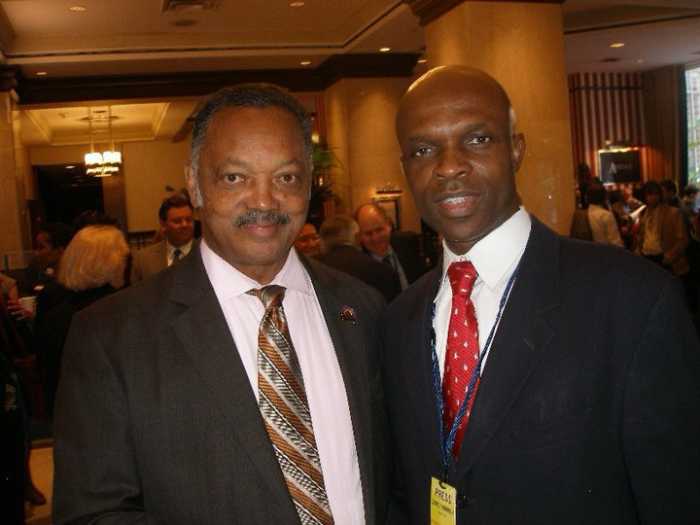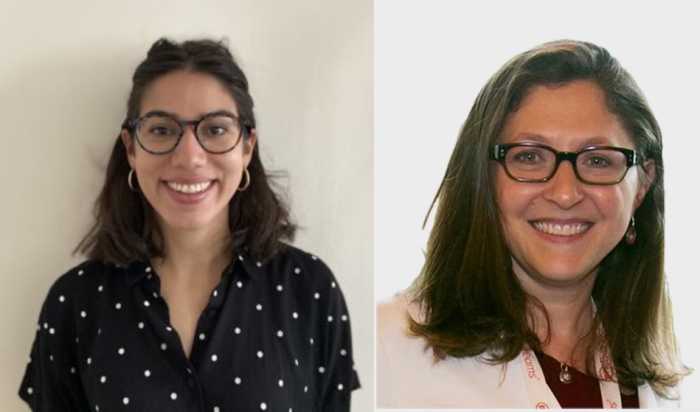By Bob Friedrich
There may be light at the end of the tunnel for the nightmare faced by families zoned for Martin Van Buren High School in Queens Village. MVB evokes wonderful memories for its alumni, but while its former reputation as a community school with high graduation rates is well-known, it has since fallen on hard times and by any objective measure of success is a failed school.
The once-heralded promises of social engineering have transformed MVB from a school with deep community roots into one where nearly 96 percent of its student population comes from outside the community. Is it any wonder that for a time, there was no PTA? With dismal graduation rates, a school report card grade wavering between C and D, delinquency and truancy problems exacerbated by students forced to travel one to two hours daily, this storied institution has become a shell barely recognizable by its former students.
Bobby Sher, president of the nearby Bell Park Manor cooperative, needed to install almost 100 cameras throughout the community to prevent student trespassing, fighting and vandalism.
Reacting to strong community pressure, city Schools Chancellor Dennis Walcott brought in a new principal, Sam Sochet, who has proven to be a dedicated administrator, popular with the local community and an energetic dynamo. Nevertheless, Sher laments, “Sochet was handed a disaster, and turning this school around is a herculean task that will take more than one person.”
That turnaround might be at hand if the chancellor gets his way. An unprecedented federally funded program would place a school within a school at MVB. The so-called P-Tech would partner with Queensborough Community College and offer a focus on technical skills and job preparation. Graduates would be eligible for an associate program at QCC at no cost. The promise of a tuition-free degree and attendance at a new school that will be drawing its student base from the city’s No. 1 school district will attract local parental attention and create enormous momentum for the MVB hub.
For the first time in decades local community parents will have a reason to send their kids to MVB. That type of local community participation and parental involvement will bring about a metamorphosis. Sher compares it to winning the lottery.
“For MVB to be the only high school selected to be offered this special program is like hitting the jackpot [for this community’s school kids and parents],” he said. “We won’t have to be embarrassed anymore when prospective new residents of the co-op ask why there are no children from Bell Park Manor attending the school.”
But change does not come easily. Inertia and stagnation are potent forces to be reckoned with. Walcott and the community know creative measures are needed, and the new P-Tech plan may just be the recipe. Recently, some elected officials and several civic groups held a widely covered press conference to denounce the plan. This knee-jerk reaction to proposals coming out of the city Department of Education’s lame duck administration may be understandable, but in this case was misguided.
As president of Glen Oaks Village, a community of 3,000 families zoned for MVB, I believe this plan is a feasible blueprint with enormous potential. Most local civics have since come around and now support it. I am hopeful local politicians will take a second, more careful look at P-Tech and follow the example of the local civics.
But do not be surprised to see some vested-interest stakeholders opposing P-Tech. Some of the plan’s opponents claim the program will drain resources from MVB. If the program succeeds, Sochet’s supporters fear it might be used to challenge his effectiveness after three years. And in the case of the United Federation of Teachers, its No. 1 concern is union teaching jobs.
Such shortsighted vision does not mesh with the community’s longterm desire to bring MVB’s standards of achievement to a level that attracts an academically motivated student population from the local community. The P-Tech proposal is the game-changer that will lead to local student participation and restore a sense of pride in MVB and its future.


































